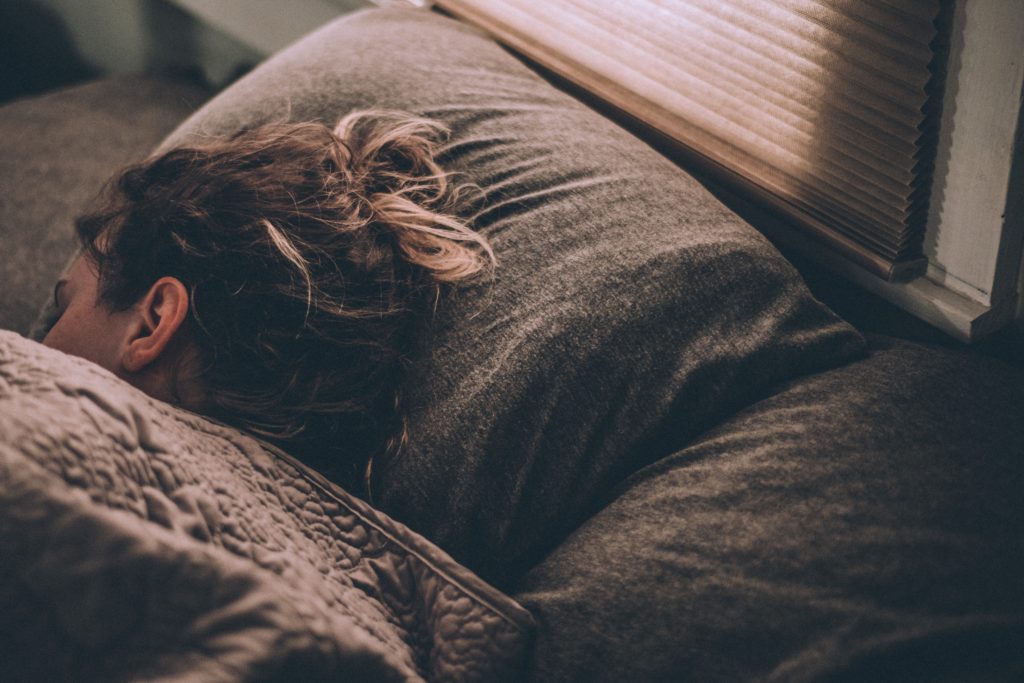
Sleep Hygiene 101: Tips for a Restful Night and Energized Days
Good sleep is more than just beauty rest. It’s the body’s time for restoration, healing, memory retention, and more. However, the Centers for Disease Control (CDC) has classified insufficient sleep […]
Good sleep is more than just beauty rest. It’s the body’s time for restoration, healing, memory retention, and more. However, the Centers for Disease Control (CDC) has classified insufficient sleep as a “public health epidemic,” with approximately 30% of adults reporting short sleep duration. Poor sleep hygiene significantly contributes to these issues. Therefore, this article aims to educate on the importance of sleep hygiene and potential strategies to optimize your sleep
So, what’s the key to a restful night and energized days? Welcome to Sleep Hygiene 101.
Understanding Sleep Hygiene:
The term ‘sleep hygiene’ refers to the behaviors, habits, and environmental factors that influence your sleep’s quality and quantity. Good sleep hygiene helps promote better sleep, leading to enhanced health, concentration, memory, creativity and productivity during waking hours.
Tips for Good Sleep Hygiene:
1. Maintain a Consistent Sleep Schedule:
Our bodies operate on a “circadian rhythm,” an internal clock that promotes wakefulness during the day and encourages sleep at night. Regularity reinforces this rhythm. Try to go to bed and wake up at the same time every day, weekends included.
2. Create a Bedtime Routine:
Training your brain to associate certain activities with sleep can be highly beneficial. This routine may involve reading, listening to calming music, taking a warm bath, practicing relaxation exercises, or meditation.
3. Make Your Bedroom Conducive for Sleep:
Your sleep environment plays an enormous role in your sleep quality. A quiet, dark, and cool room fosters better sleep. Consider using earplugs, eye shades, or a “white noise” appliance to help create the perfect sleep environment.
4. Invest in a Comfortable Mattress and Pillows:
Uncomfortable bedding can lead to poorer sleep quality. Investing in a comfortable, supportive mattress and pillows can significantly improve your sleep.
5. Limit Daytime Naps:
Long naps can interfere with nighttime sleep. If you can’t make it through the day without a siesta, limit it to 30 minutes.
6. Watch your Dietary Habits Close to Bedtime:
Eating heavy meals, spicy foods, or consuming caffeine and alcohol close to bedtime can disrupt your sleep. If you’re hungry, opt for a light, healthy snack.
7. Exercise Regularly:
Regular physical activity can help you fall asleep faster and enjoy deeper sleep. Just be mindful with the timing; exercising too close to bedtime might interfere with your ability to fall asleep.
8. Limit Exposure to Light Before Bed:
Exposure to the blue light emitted by screens on cell phones, computers, tablets, and televisions prior to bedtime can disrupt your sleep. Consider implementing a “digital curfew” an hour or so before bedtime.
9. Manage Stress:
High levels of stress or anxiety can interfere with your sleep. Techniques such as relaxation exercises, meditation, and mindfulness can help unwind your mind and facilitate better sleep.
10. Meditate yourself to Sleep:
If you find yourself having lots of thoughts preventing you from falling asleep, try a guided meditation. When you listen to a guided meditation it will not only focus your mind on the meditation guide’s voice, but it will also help relax and lower heart rate and breathing until you fall asleep.
11. Seek professional help if Needed:
If you’ve tried the tips above and are still struggling with sleep problems, it might be time to consult a healthcare provider. They can help identify any underlying issues contributing to your sleep disturbance and offer suitable remedies.
Bottom Line:
In a 24/7 culture, the essential role of sleep is easily forgotten, making good sleep hygiene more crucial than ever. Prioritizing sleep can lead to improved mood, enhanced health, and increased productivity. By implementing the techniques outlined here, you can make your way toward a more restful night and energized days. Start by picking one or two strategies, then gradually add more as they become routine. Here’s to better sleep!
Photo by Gregory Pappas on Unsplash
Written by AI & Reviewed by Clinical Psychologist: Yoendry Torres, Psy.D.
Disclaimer: Please note that some blog posts may contain affiliate links and Sana Network will earn a commission if you purchase through those links at no additional cost to you. We use all of the products listed and recommend them because they are companies or products that I have found helpful and trustworthy. Our website is supported by our users.
